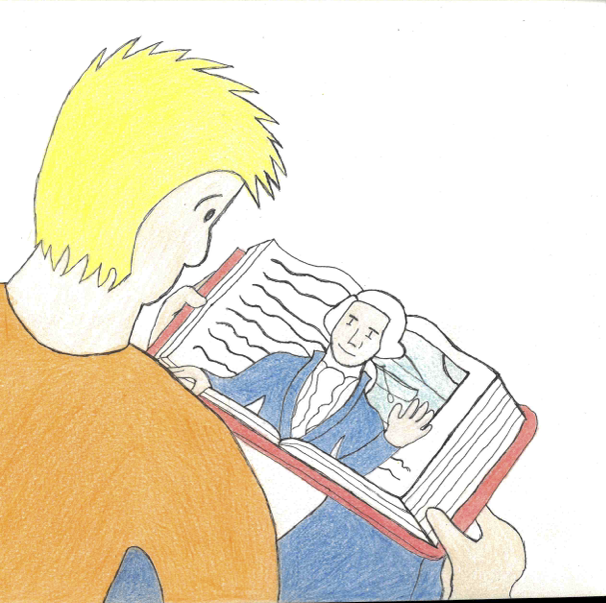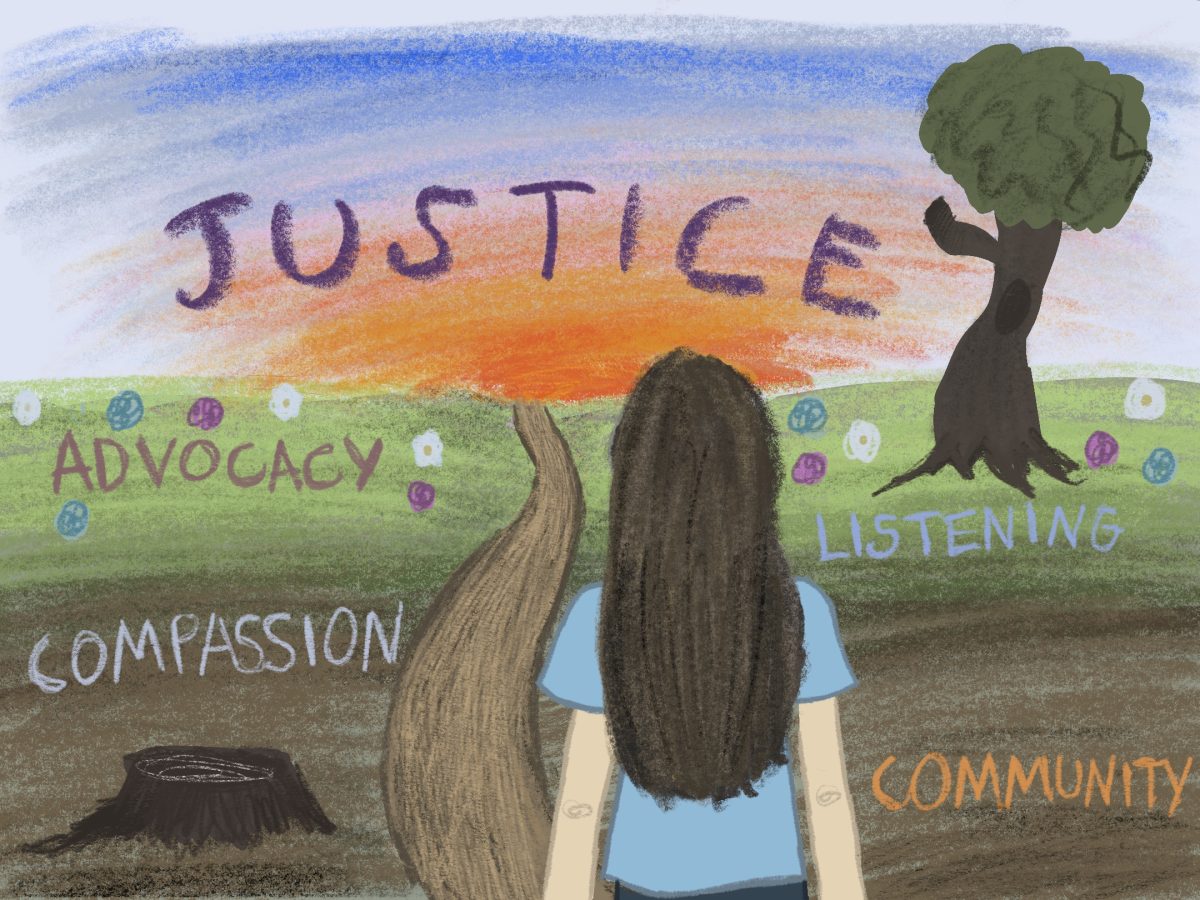Furman’s Special Collections and Archives house a collection of rare books, official records and artifacts of cultural heritage. These materials allow us to examine the past through interdisciplinary perspectives and personal narratives, which flesh out and amplify the voices of the past and allow us to connect with our history more meaningfully. However, many Furman students are unaware of the learning opportunities within the archive, never venturing up to the second floor of the library.
Dr. Jeffrey Makala, Associate Director for Special Collections and University Archivist, notes that while Furman Library’s physical collections are shrinking, “our collections are slowly growing, and that’s by design.”
Through preserving the physical documents of cultural heritage, archives foster a unique learning experience. The vision of Special Collections and Archives is to “create a dynamic and supportive learning environment where the documents of cultural heritage in our care are actively used to inspire critical analysis, innovation, creativity, and lifelong learning, on campus and in the community.”
Experiencing these documents more directly, rather than through a screen, allows students of any discipline to deepen their understanding of the texts at the center of their education. Dr. Jeffrey Makala, Associate Director for Special Collections and University Archivist, said, “I want to have things here that people can work on so they can touch and get the haptic knowledge that comes from working directly with materials.”
History provides a way to narrativize our interpretation of the past. Fundamentally, it is a construction built upon limited sources. Over the past 200 years of Furman’s history, human biases have limited what archives choose to preserve and display.
“The collections that we’re building and maintaining and teaching with here are the products of human work and human labor and all the biases of human ideology and expression over time,” Makala said.
In an effort to make space for the voices that have been marginalized and ignored through the past centuries, Makala has been spending about 75% of the archives’ budget on purchasing materials to fill these gaps. These materials include acquiring LGBTQ+ zines and expanding Furman’s collection of African and Asian materials and manuscripts. He has also focused on expanding conversations surrounding women’s history and Western colonialism.
“I’ve been building on my predecessors’ work, building up collections of women travelers around the world. So, Western women traveling to the Middle East and Asia and Africa in the 18th, 19th, and 20th centuries and Indigenous women’s voices from those countries reacting to or writing about their own countries, often translated into English. Those collections are really interesting because they show cross-cultural encounters.” Makala said.
History is not static, and our archives evolve to ask different questions and represent our changing interpretations. “We are embedded with the world we live in, and all the ideologies and our collecting reflects that, but we try to be conscious about stepping back and saying, ‘We need to have more voices in this collection.’ We need to have more perspectives,” Makala said.
Over time, archives can make conscious endeavors to redress the blindspots and prejudices of the past.
Furman’s archives allow us to gain a uniquely human perspective of history and question the narratives we encounter throughout our education. As Makala said, “This is the closest one could come in our lifetimes to time travel because we are stepping into someone else’s limited experience, either in a diary or a scrapbook or even an old, rare book. It’s the closest we can come.”
Furman students should take this opportunity to explore the collections that shape our history and examine the voices that narrate our past.



























